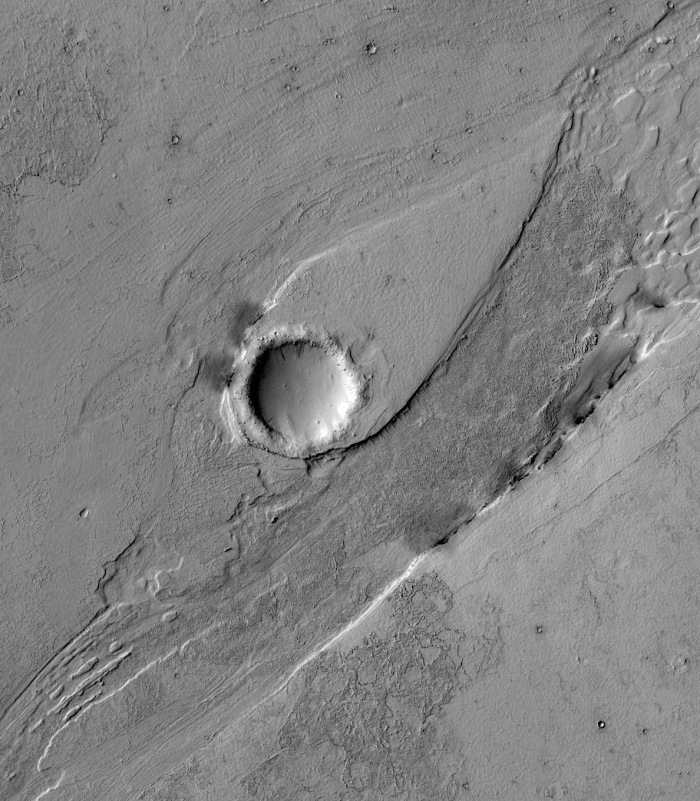A Mars Rover Update
I have decided to continue my Mars rover updates, and make them a regular mid-week feature here on Behind the Black. This is the first.
Curiosity
For the overall context of Curiosity’s travels, see this post, Pinpointing Curiosity’s location in Gale Crater.
Since my last updates here and here, Curiosity has moved south through the gap between buttes to exit the Murray Butte area. The initial slopes of Mount Sharp lie ahead, an open road with no apparent rough terrain to slow travel.
Doing science however does slow travel, and for good reason. Once through the gap the science team decided to swung the rover west and up against the base of the gap’s western butte, rather than immediately head south to climb the mountain. The Mars Reconnaissance Orbiter image below, cropped and reduced, illustrates this path.
» Read more




